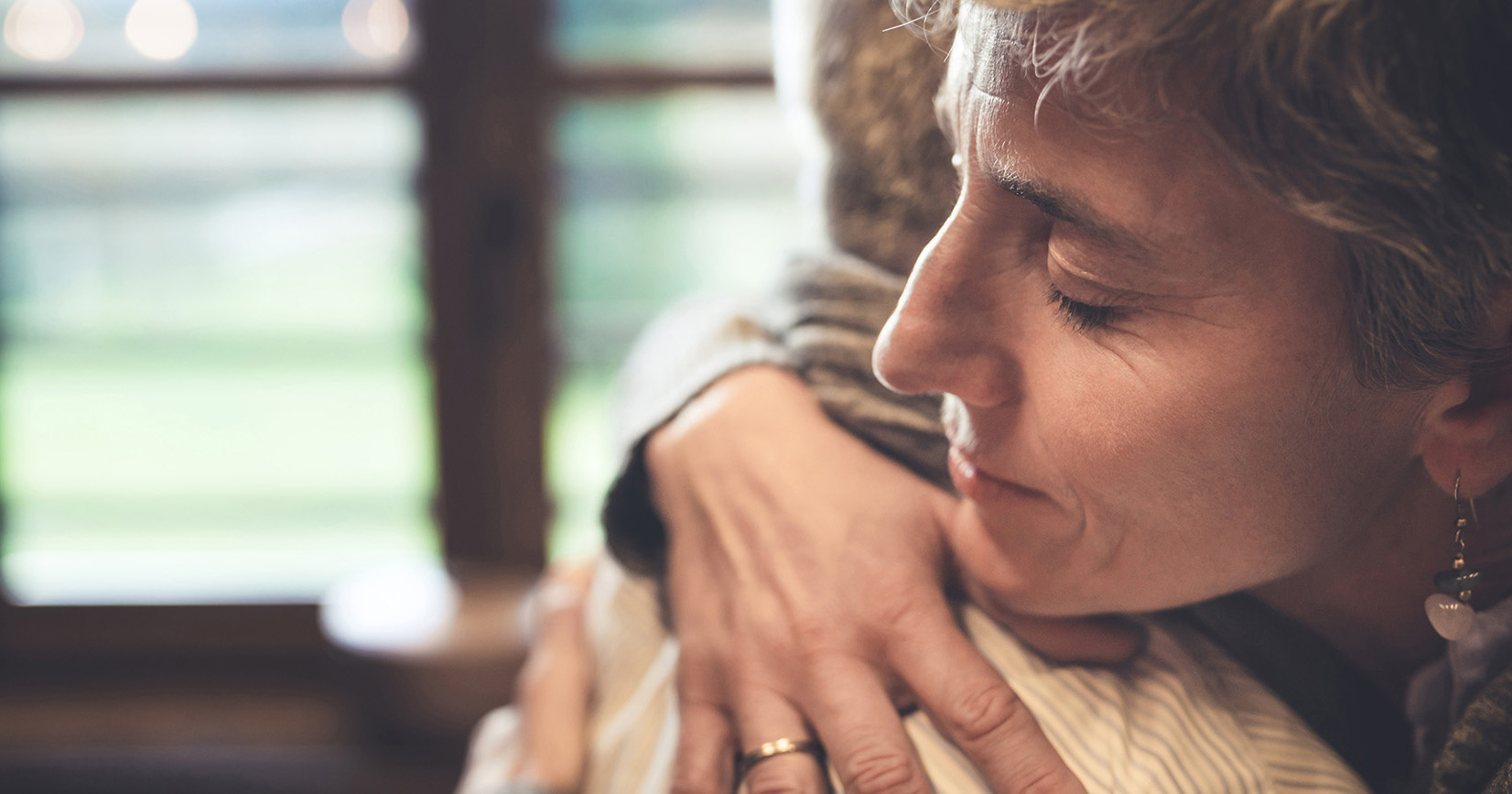
Grief is a normal, necessary, natural reaction to loss. It is a roller coaster of emotions that involves physical, social, behavior, intellect, and spiritual responses. There is no right or wrong way to grieve.
At Community Hospice & Palliative Care, our Bereavement Team offers guidance and support as you adjust to changes in your life. A bereavement counselor will be available to you and your family. We also offer a variety of services, which include group and individual support, when you need them.
Helpful Hints to Promote Healing
- Have realistic expectations of yourself. The grieving process takes time and it’s important to be patient with yourself.
- Find a healthy outlet. This could include working out, music, art, or journaling.
- Don’t fight the tears when the weaves of grief come and go.
- Reach out to others and make sure you don’t walk through grief alone.
- Confront the guilt and regret you feel.
- Check frequently that you have balance in your life: rest, play, meditation, and work.
- Tell your loved one’s story.
Children Grieve Too
Like adults, children will grieve in their own unique ways. However, they are often unable to identify, let alone manage these big feelings. The grief of children can be intermittent and expressed in a variety of ways and may not manifest itself until months or years later. Speak to children in a language they can understand. You may need to ask them questions to get a better understanding of how they are feeling.
By age 7, most children understand the key elements of death: that it is permanent and irreversible. Accepted developmental and grief responses of 3-to-5-year-old children include a lack of time/space concepts, belief that death is temporary and reversible, magical thinking, dear of abandonment and a need for physical comfort, reassurance, and a stable routine.
As children mature, so does their understanding of death. The child may move from trying to understand death in a concrete way to a curiosity about the specifics of death and dying to reacting similarly to adults, but with fewer coping mechanisms. As adults answer all questions honestly, reassure about the future, provide opportunities for feeling expression through art and music and invite the child to be included in any funeral plans or rituals.
Common Grief Reactions
Shock:
Shock and numbness is a typical grief reaction. You may feel as if you are on autopilot or just going through the motions. It takes the mind time to grasp that death has occurred.
Longing:
You may feel a deep longing for your beloved and it may take time to accept the reality of the loss. You might think you hear their voice or sense their presence.
Sadness:
There might be times where you may experience waves of intense sadness. These waves are often unexpected and overwhelming and can bring tears.
Anger:
Anger is part of the normal grief reaction. While not everyone feels anger, many do. You may be angry at the person who died, persons responsible, yourself, the situation, or God.
Guilt and Regrets:
When someone dies, we can second-guess ourselves. You may be wondering what would have happened if you had done or said things differently. Remind yourself you did the best you could at the time.
Relief:
Some bereaved feel a sense of relief after the death. You may be relieved of your constant worries, your responsibilities or caregiving, or your loved one suffering. This is a normal part of the grief process.
Sleeplessness:
This is common shortly after the death of a loved one. You may have difficulty falling asleep or staying asleep, or you may wake up very early. Thoughts and deep feelings often surface at night.
Changes in Appetite:
You may have an increased or decreased appetite.
Forgetfulness and Inability to Concentrate:
Many people experience confusion, memory loss and difficulty focusing on tasks at the beginning of their grief journey. It is helpful to write lists, make notes and keep to the familiar.
Services we provide
Counseling:
Our bereavement counselors provide individual, family and children’s counseling to help those who have experienced the death of a loved one and who may need support or guidance in dealing with the grief associated with that loss.
Group Counseling:
Support groups provide a safe place to explore and express your grief in a comfortable setting, and bond with others who have experienced loss. We offer daytime and evening therapeutic grief support. Groups are led by our professional grief counselors and meet on the same day/night of the week.
Understanding Grief:
A program for the newly bereaved designed to help identify common grief reactions and to learn ways to heal after the death of a loved one. This free worship provides grief education and emotional support within a safe, secure environment.
Children:
Grieving the loss of a loved one is difficult, especially for a child. Bereavement counselors provide individual and family counseling to help children who have experienced the death of a sibling, parent, grandparent, friend or other loved one and who may need support or guidance in dealing with the grief.
Holiday Grief Support:
Hope for the Holidays is a workshop for families, friends and caregivers who have experienced the death of a loved one to help them reflect on their loss and learn coping skills.
Tools and Resources
If you would like more information about our grief and bereavement services, please call (800) 274-6614
You can also visit our Grief and Bereavement page where you’ll find our digital books on grief and loss, to help you before and after your loss.
